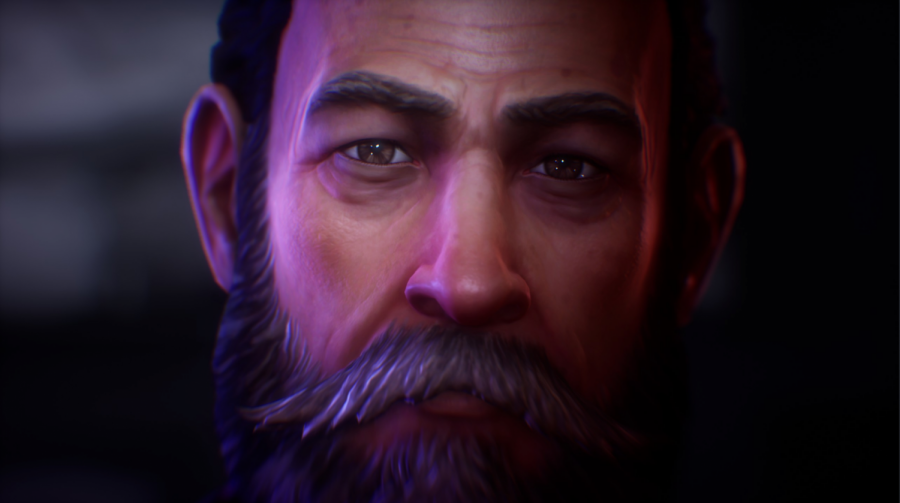Exploration of the human soul has always been a staple of the Life is Strange franchise, and Square Enix’s True Colors addition does so gracefully with the artistic illustration of emotion’s natural beauty.
Released on Sept. 9, players meet Alex Chen, a young woman who has grown to not only feel but also visualize others’ emotions; whether this “curse” is a result of alternating between orphanages full of broken children abandoned by selfish or financially-pressured parents is for fandom pages to discuss.
Despite wishing to dismiss this ability, it is difficult to not take notice of what types of emotions Alex’s long-awaited reunion with her only family: Gabriel Chen, the older brother who has searched for her ever since being separated by the American foster care system.
Bursts of scarlet anger, blue-hued sadness, purple-tinged fear, and joy-fueled yellow are what make the mining town of Haven Springs, in which Gabriel is something of a local leader, stand out against the mountainous landscape of Colorado—and what darkens it after disaster strikes and takes him from Alex.
Rather than being as politically involved as its precursor, True Colors sets out to establish itself as original while also referring to the first installment in the franchise for advice on an emotionally impactful storyline.
That isn’t to say that political elements don’t exist in Haven; in fact, emblazoned upon a storefront on the main street of Haven is the Tibetan independence flag, which according to PC Gamer, has conjured a substantial majority of negative reviews by Chinese consumers.
By good fortune, this slight projection instead blends with the flush of color that is Haven, although the game’s overarching plot of Typhon, the mysterious mining organization that essentially runs town, being the faceless villain that only cares about public image and sales could symbolize the ruthlessness of capitalism.
What is more evocative than a supposed political agenda are the morals that Alex’s ability presents as the player seeks out justice for the loss of Gabriel.
For example, it sets forth the notion that emotions are what make us human—and powerful, at that—instead of bags of meat driven by base desire.
In addition, it also implicates that it is best to embrace the feelings that arise within us, because it’s the part of human nature that motivates us to enjoy life. Suppressing the type of energy that emotion can radiate can only twist it into something that turns us into someone we’re not.
Through Alex the player is reminded that accepting whichever emotion at whatever time defines them as a human being made alive by desire, dislikes, and aspirations, and that is absolutely fine regardless of the nature of such traits.
















